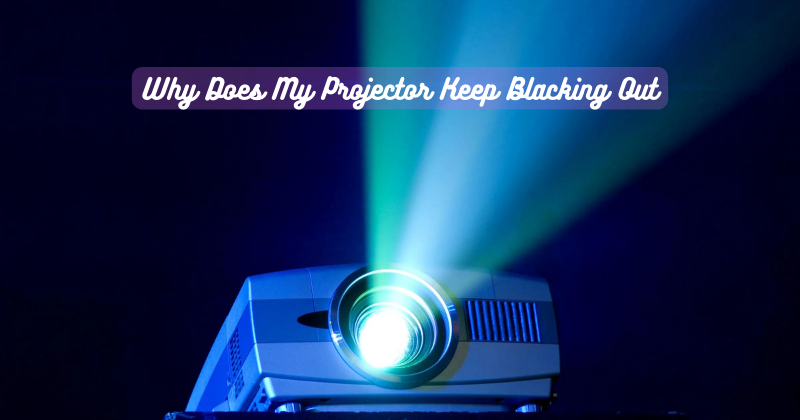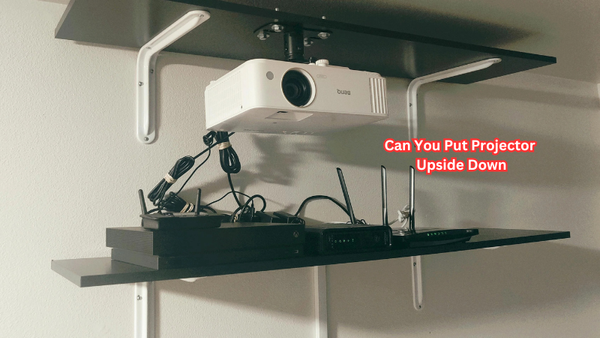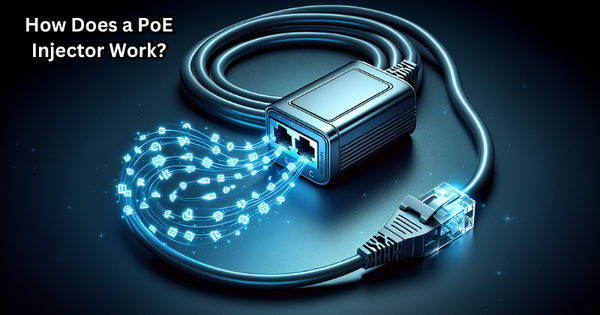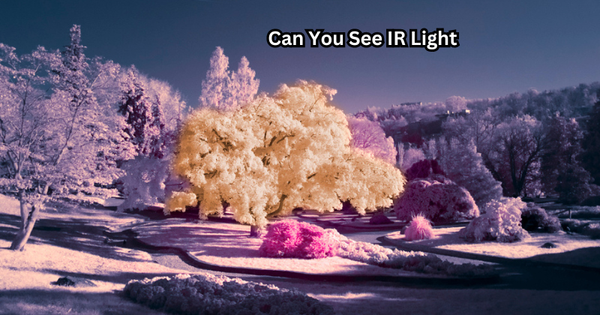A frustrating phenomenon, your projector repeatedly blacking out raises concerns about its functionality and performance. This issue may stem from various factors, including faulty cables, overheating, or incompatible projector settings. Understanding the root cause is crucial for resolving the problem and ensuring uninterrupted projections.
This introduction sets the stage for a deeper exploration into the possible reasons behind your projector's recurrent blackouts, guiding you toward effective troubleshooting and solutions. Identifying and addressing these issues will not only enhance your viewing experience but also prolong the life of your projector.
Why Does My Projector Keep Blacking Out
Common Causes & Solutions of Projector Blackouts
Several factors may lead to a projector experiencing blackouts or image loss. To effectively diagnose and resolve the problem, explore the following potential causes:
Faulty Cables or Connections
The most common culprit of projector blackouts is connection issues, primarily when using HDMI cable or VGA cables. These cables are prone to wear and tear, resulting in loose or damaged connections that disrupt the transmission of signals from your device to the projector.
However, if any of the video pins are missing or bent, your projector screen will stay black or blank. HDMI cables have 12 TDMS pins, several of which transmit video signals. Additionally, consider issues related to external output.
Solution:
To resolve this issue, try replacing the cables with new ones or securely reconnecting them before each use. Always use high-quality cables to ensure a stable and uninterrupted connection.
Make sure all necessary cables are securely connected and the power is on for the projector and connected video sources.
Overheating
Projectors produce a significant amount of heat during operation, and if not adequately ventilated, this can lead to overheating. When the connected device overheats, it will automatically shut down or blackout as a protective measure.
Solution:
To prevent overheating, ensure that the projector is placed in a well-ventilated area and that its vents are not blocked.
Also, regularly clean the projector's air filters to prevent dust buildup, which can impede airflow and contribute to overheating. Verify the functionality of the cooling fan. If it's not operational, consider replacing it or consulting a professional for repair.
Check the Status Light
Many projectors have a status light that indicates the device's operating status. A steady green light typically signifies normal operation, while a red light indicates an issue with the projector. Furthermore, some projectors have a blinking light that indicates specific error codes.
Solution:
If you notice a red light on your projector, consult the user manual for troubleshooting steps specific to your device. In some cases, simply resetting the device or updating its firmware can resolve the issue. For instance, if the light is indicating a lamp or filter error, replacing the respective component may resolve the issue.
Check The Lamp Unit Needs a Replacement
Projectors have a limited lamp life, and when the lamp unit nears its end, it may start to malfunction or produce a dimmer image. As the projector bulb reaches its maximum lifespan, it can cause blackouts or complete loss of projection.
Solution:
To avoid this issue, monitor your projector's lamp life and replace the unit before it completely burns out. Most projectors have a lamp life indicator that alerts you when the unit needs replacement. Don't use the device for extended periods, as this can contribute to premature lamp failure.
Source Device Issues
In some cases, the problem may not lie with the projector itself but with the source device you are using. For instance, if you are experiencing blackouts when streaming from a laptop or gaming console, it could be due to an outdated graphics driver or incorrect display settings.
Outer devices like the computer's display resolution, built-in projectors & video formats supported by the computer can also result in blackouts. If you are projecting from a computer, make sure it is set up to display on an external monitor. Make sure the computer's display resolution does not exceed the projector's resolution and frequency limits. If necessary, select a different display resolution for your computer.
Solution:
To resolve this issue:
- Update your device's graphics driver and ensure that the display settings are compatible with your projector.
- Connect the source device to a different projector or monitor to determine if the issue is specific to your current setup.
- Double-check settings such as resolution and refresh rate to ensure compatibility.
Power On and Wake-Up
Some projectors have an automatic power-saving feature that puts the device in sleep mode after a certain period of inactivity. While this is designed to conserve energy, it can also cause blackouts during presentations or screenings.
Solution:
To avoid this issue, check your projector's settings and turn off any power-saving features that may interfere with its operation. You can also adjust the sleep mode settings to ensure that the device does not shut down during use. Press the projector's power button to wake it from standby or sleep mode.
Software or Firmware Issues:
Occasionally, blackouts may occur due to software or firmware issues that affect the projector's performance. This can happen after a system update or if the device has been updated for a while. And projector's image may be disrupted by environmental factors like excessive ambient light and interference from nearby electronic devices, resulting in blackouts or subpar image quality.
Solution:
To resolve this issue, check for any available updates for your projector's software or firmware and install them as necessary. You can also reset the device to default settings to troubleshoot any software-related problems.
With these potential causes and solutions in mind, you can now confidently troubleshoot and resolve any issues with your projector's blackouts. Remember to always refer to your device's user manual for specific instructions and seek professional help if needed.
Additional Tips for Troubleshooting Projector Blackouts
- Check all cable connections before each use to ensure they are secure.
- Keep the projector well-ventilated and clean to prevent overheating.
- Monitor lamp life and replace the unit when necessary.
- Consult user manuals or contact customer support for specific troubleshooting steps provided by the manufacturer.
- Regularly update software and firmware for optimal performance.
- Experiment with different source devices or display settings to identify any compatibility issues.
- Rest your projector to default settings if other troubleshooting methods do not work.
With these tips in mind, you can effectively troubleshoot and resolve any issues causing your projector to black out. Remember to always prioritize safety by unplugging the device before checking or adjusting any connections or settings. By addressing these common causes, you can enjoy uninterrupted projections and get the most out of your projector for years to come.
Proper Maintenance and Cleaning for Projector Longevity
Proper maintenance and cleaning play a crucial role in ensuring the longevity of your projector. Dust buildup, overheating, and other issues can significantly impact the device's performance and lifespan. Regularly checking and cleaning filters, ensuring proper ventilation, and updating software are essential tasks that help maintain your projector's optimal operation.
Furthermore, using the projector in a clean environment with minimal dust and debris can also prevent damage to the internal components. Regularly checking and replacing the lamp unit when necessary can also extend the device's lifespan, preventing unexpected blackouts or other issues.
FAQs
Why isn't my projector staying on?
There could be several reasons for this, including overheating, power-saving features, or lamp unit issues. In addition, check all cable connections and ensure that the source device is functioning properly.
What is the lifespan of a projector?
The lifespan of a projector depends on several factors, including usage, maintenance, and environmental conditions. Most projectors have a lamp life of around 2000-3000 hours, but this can vary depending on the device.
Do projectors require maintenance?
Yes, projectors require regular maintenance to ensure optimal performance. This includes cleaning the device and replacing lamp units when necessary. It's also important to regularly update software and firmware for smooth operation. Remember to always consult your user manual for specific maintenance instructions for your projector model.
What could be causing the diminishing brightness of my projector?
Diminishing brightness can be caused by several factors, including an aging lamp unit, dirt or dust accumulation in the projector's internal components, and power-saving features that dim the image to conserve energy. Regular maintenance and proper usage can prolong the brightness of your projector.
Do Projectors need rest?
Yes, like any electronic device, projectors also need to have sufficient rest periods. Leaving the device running for extended periods can cause overheating and potential damage. It's recommended to turn off the projector after use and allow it to cool down before using it again.
Conclusion
In conclusion, the recurrent blackouts in your projector prompt a thorough investigation into various potential culprits. The complexity of modern projectors introduces a multitude of factors that can disrupt their seamless operation. Cable malfunctions, overheating, incompatible settings, and power supply irregularities are among the diverse range of issues that demand attention. Addressing these concerns is pivotal not only for the immediate resolution of the problem but also for the overall longevity of your projector.
Regular maintenance, diligent troubleshooting, and a nuanced understanding of the projector's components contribute to a more reliable and enjoyable viewing experience. Whether it's a simple cable replacement, fan repair, or professional assistance, taking proactive measures to identify and rectify the root cause ensures that your projector remains a dependable source of visual entertainment.
So, the next time your projector blacks out, don't panic. Instead, refer back to this guide and confidently troubleshoot the issue like a pro.





